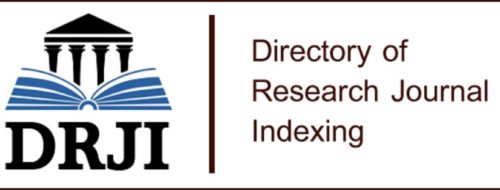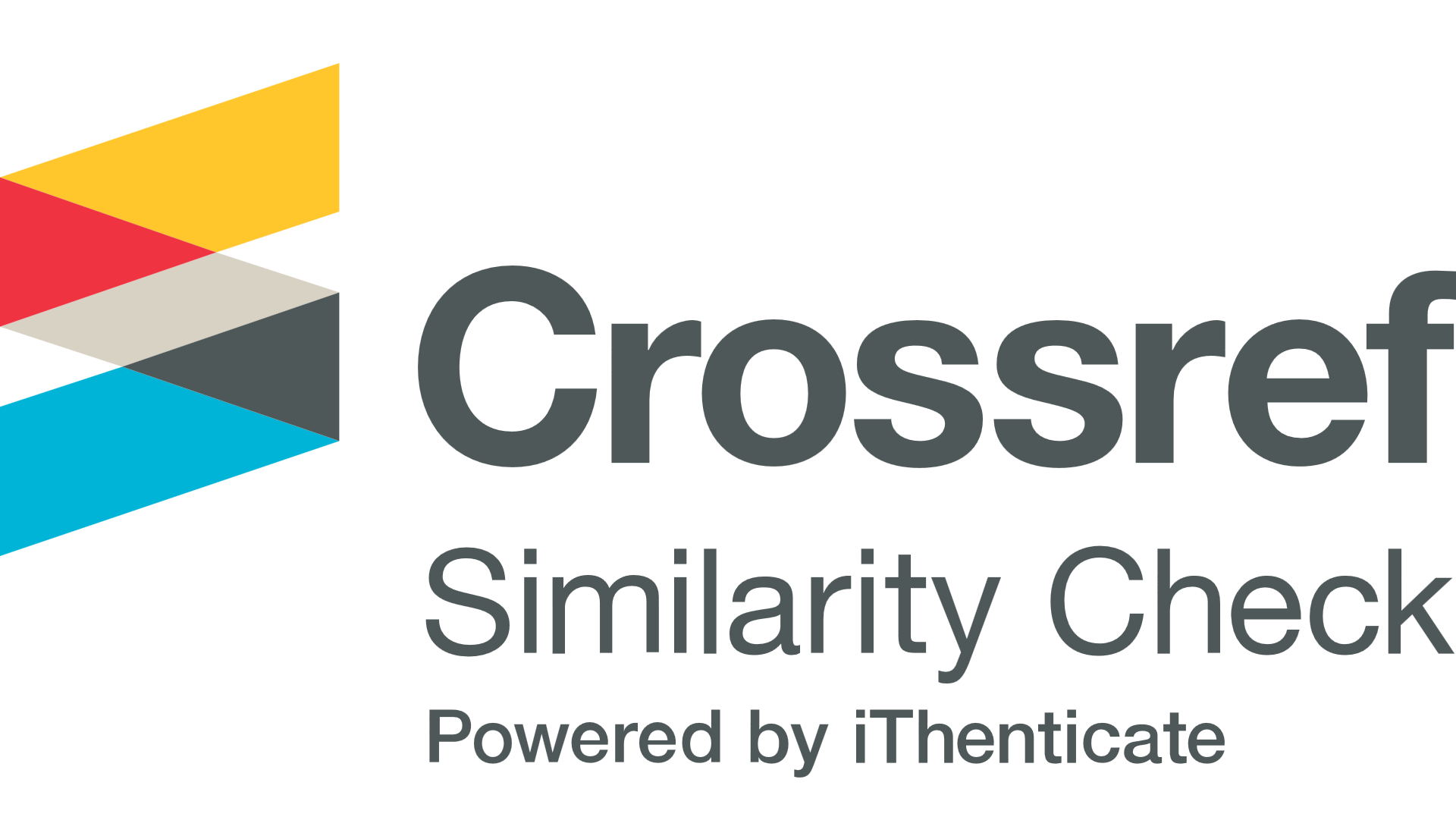EFFICIENT AI BASED TECHNOLOGIES IN HIGHER EDUCATION
Keywords:
Efficient technologies, artificial intelligence, higher educationAbstract
The integration of Efficient Technologies based on Artificial Intelligence (AI) in higher education has emerged as a topic of growing interest in the academic and educational field. This document addresses the problems and justification behind the implementation of these technologies, as well as the ethical challenges they pose and the need to address them in a rigorous and responsible manner. The transformative potential of AI-based technologies in higher education is highlighted, as well as the ethical challenges that accompany their implementation. Three main ethical challenges are identified: protecting the privacy of student data, mitigating algorithmic bias in assessment and automated learning, and reflecting on the role of educators in an increasingly digitalized educational environment. Regarding the protection of student data privacy, it is argued that it is essential to establish clear data privacy policies and robust security measures to protect the confidentiality and integrity of students' personal and academic information. The importance of ensuring authorized access and ethical use of data by AI systems is highlighted. The importance of investing in the professional development of educators and promoting a holistic approach to learning that integrates technology in a complementary way to human interaction is highlighted.
Keywords: Efficient technologies, artificial intelligence, higher education.
References
Cárdenas, E. P. Z., Guaraca, D. P. S., Yánez, E. H. A., & Albán, A. L. M. (2023). El rol de la inteligencia artificial en la enseñanza-aprendizaje de la educación superior. Polo del Conocimiento: Revista científico-profesional, 8(3), 3028-3036.
Cotrina-Aliaga, J. C., Vera-Flores, M. Á., Ortiz-Cotrina, W. C., & Sosa-Celi, P. (2021). Uso de la Inteligencia Artificial (IA) como estrategia en la educación superior. Revista Iberoamericana de la Educación.
Heredia-Sánchez, B. D. C., Pérez-Cruz, D., Cocón-Juárez, J. F., & Zavaleta-Carrillo, P. (2020). La gamificación como herramienta tecnológica para el aprendizaje en la educación superior. Revista Docentes 2.0, 9(2), 49-58.
Lara, R. A. M., Criollo, L. R. S., Calderón, C. J. C., & Matamba, B. E. B. (2023). La inteligencia artificial; análisis del presente y futuro en la educación superior.
Litardo, J. T., Wong, C. R., Ruiz, S. M., & Benites, K. P. (2023). Retos y oportunidades docente en la implementación de la inteligencia artificial en la educación superior ecuatoriana. South Florida Journal of Development, 4(2), 867-889.
Rubio, P. V., González, G. P. B., Salcán, A. C. Q., & Yedra, H. M. C. (2023). La inteligencia artificial en la educación superior: un enfoque transformador. Polo del Conocimiento: Revista científico-profesional, 8(11), 67-80.
Salmerón Moreira, Y. M., Luna Alvarez, H. E., Murillo Encarnacion, W. G., & Pacheco Gómez, V. A. (2023). El futuro de la Inteligencia Artificial para la educación en las instituciones de Educación Superior. Conrado, 19(93), 27-34.
Sánchez, J. L. G., Garcia, F. R. V., Parra, A. E. M., Calva, S. W. G., & Arévalo, B. M. B. (2023). Aplicación de la Inteligencia Artificial en la Educación Superior. Dominio de las Ciencias, 9(3), 1097-1108.
Sánchez, O. V. G. (2023). Uso y percepción de ChatGPT en la educación superior. Revista de investigación en tecnologías de la información, 11(23), 98-107.
Vera, F. (2023). Integración de la Inteligencia Artificial en la Educación superior: Desafíos y oportunidades. Transformar, 4(1), 17-34.
Villarroel, J. J. G. (2021). Implicancia de la inteligencia artificial en las aulas virtuales para la educación superior. Orbis Tertius-UPAL, 5(10), 31-52.
Published
How to Cite
Issue
Section
License
Copyright (c) 2024 Scientific Journal INGENIAR: Engineering, Technology and Research

This work is licensed under a Creative Commons Attribution-NonCommercial-ShareAlike 4.0 International License.

















